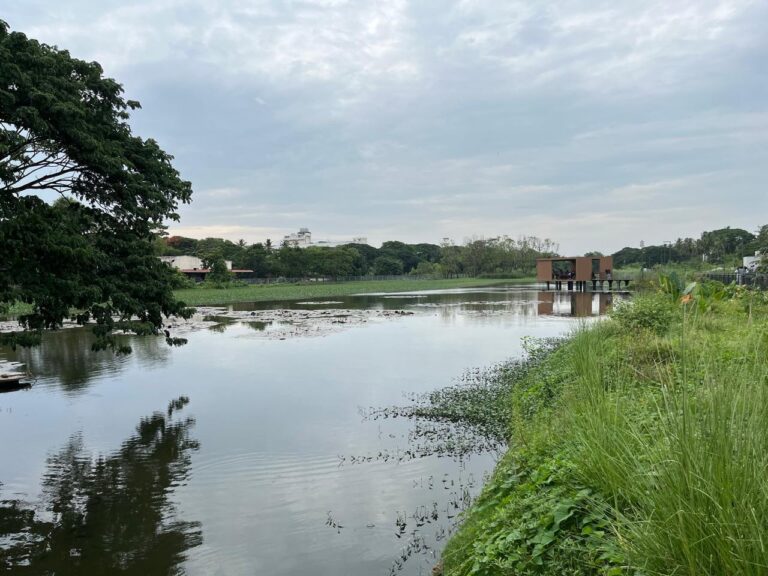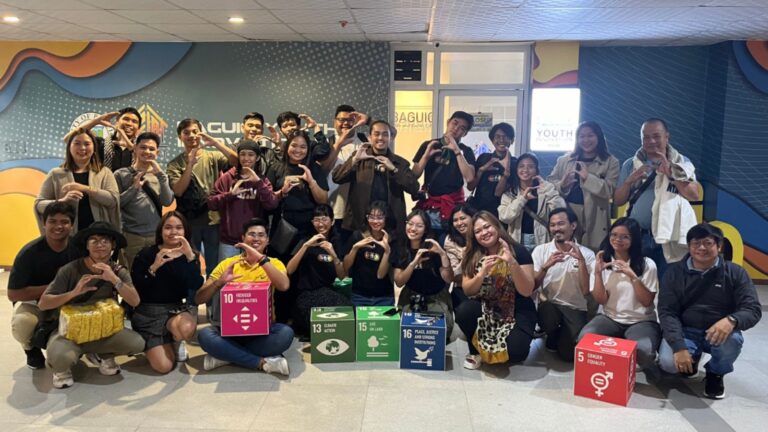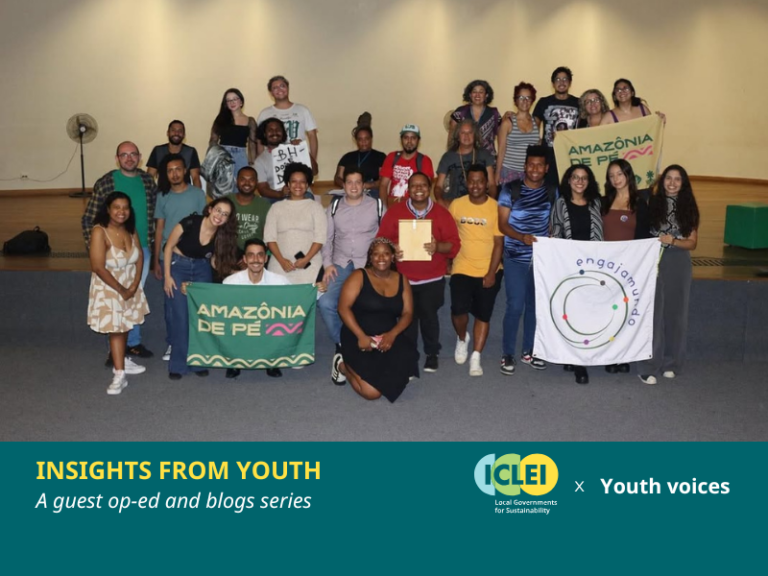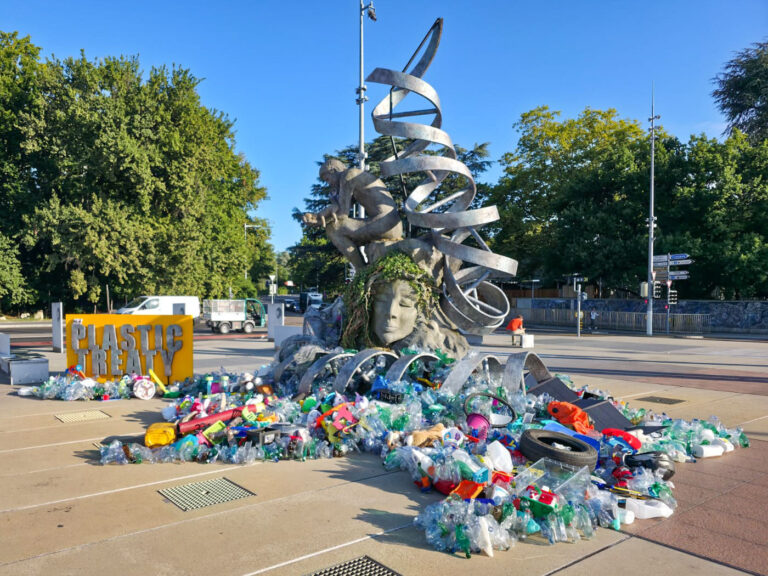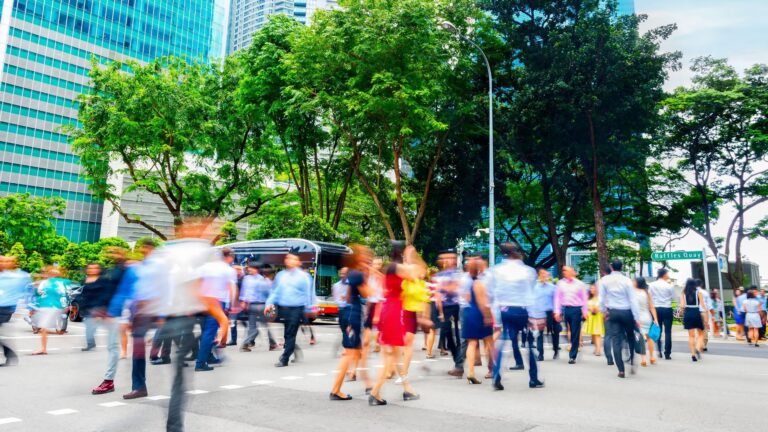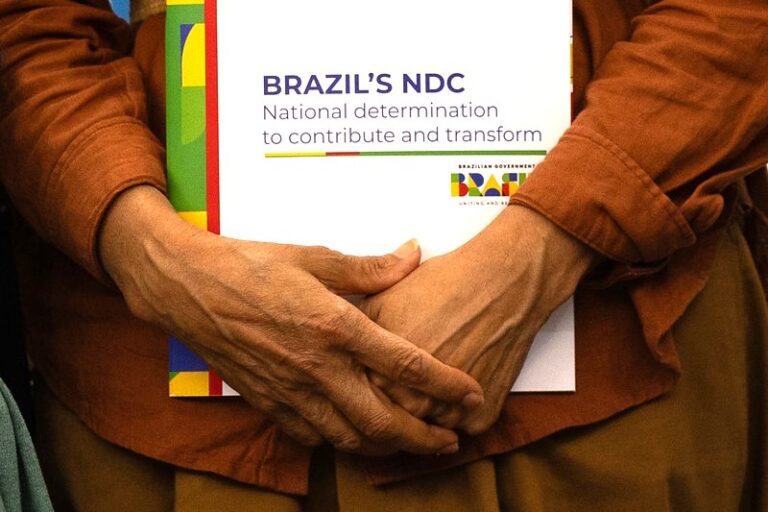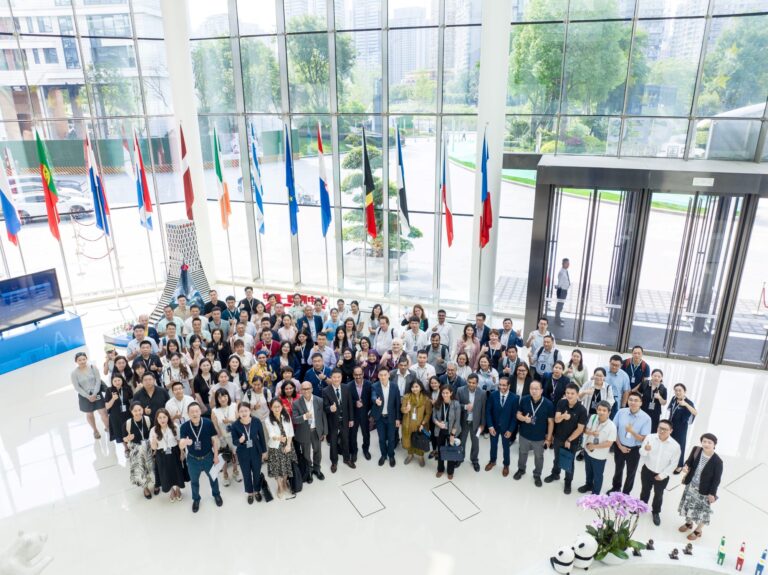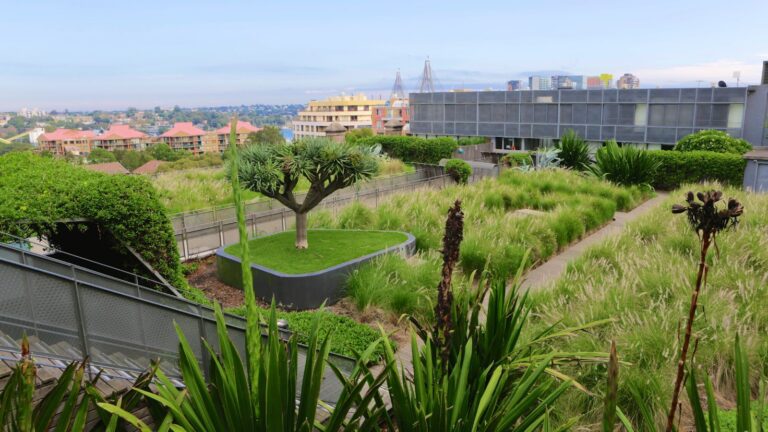From asphalt to wetland sponge park: How Chennai is absorbing water and building resilience
Once a parking lot and dumping ground, Chennai’s first wetland sponge park is leading the way for a climate-resilient city. Today, it functions as a natural water treatment system to manage stormwater and prevent floods, proving the power of nature-based solutions in shaping sustainable, thriving communities.

